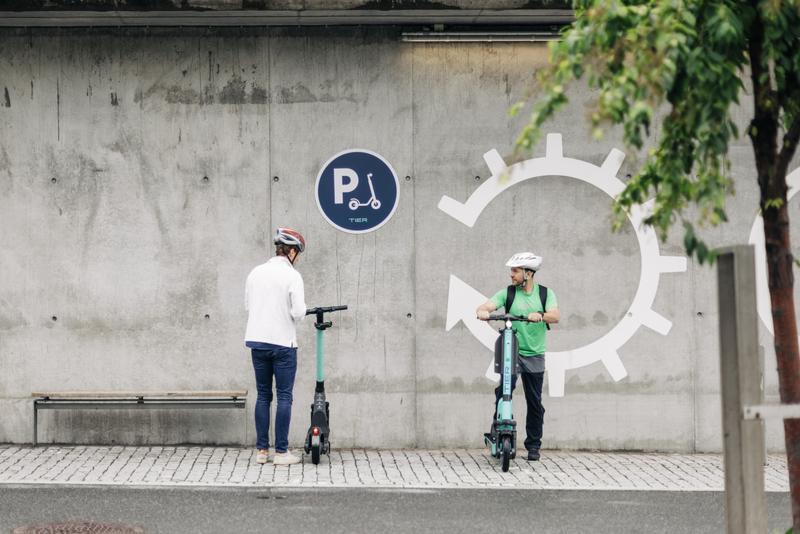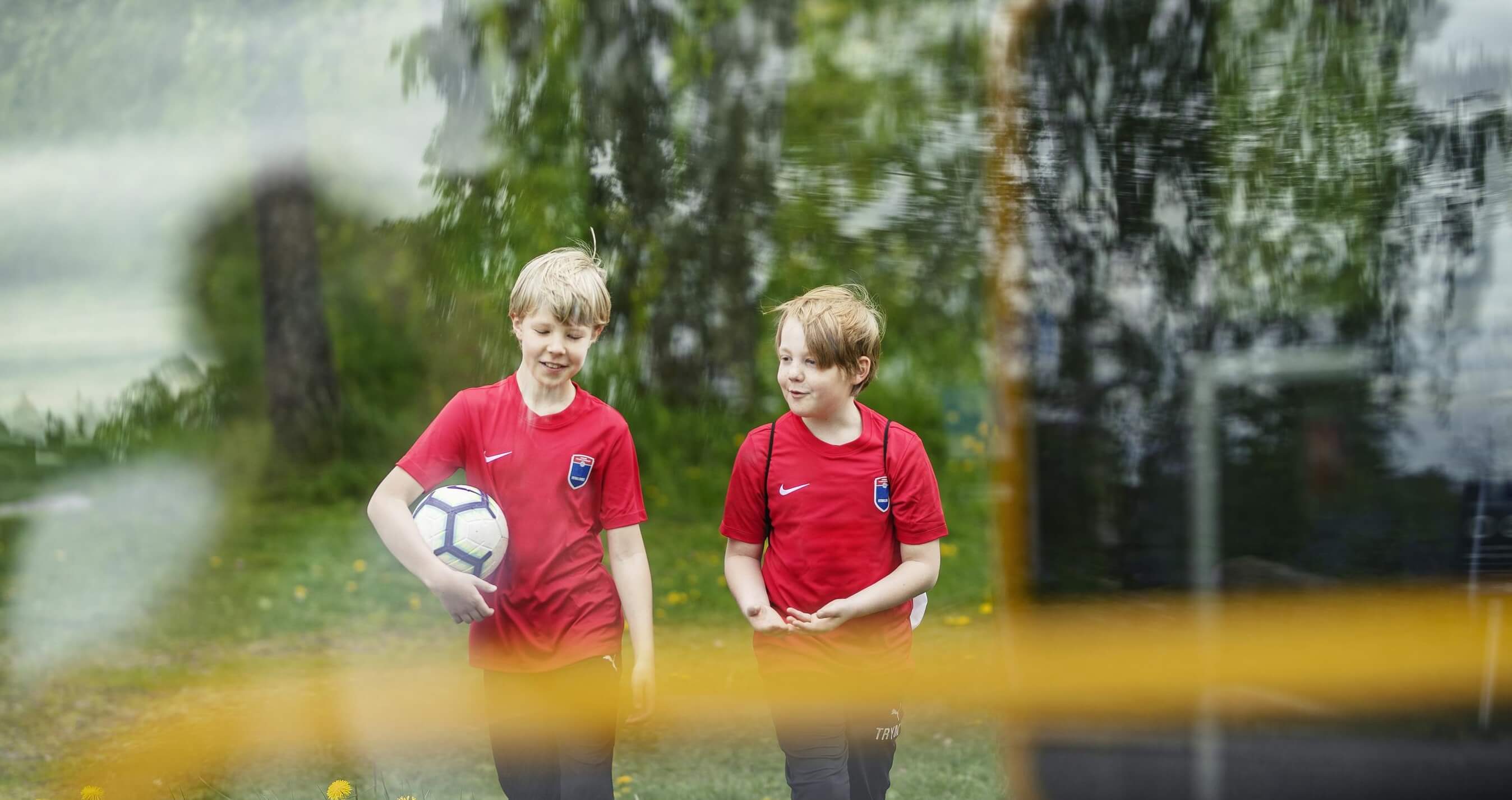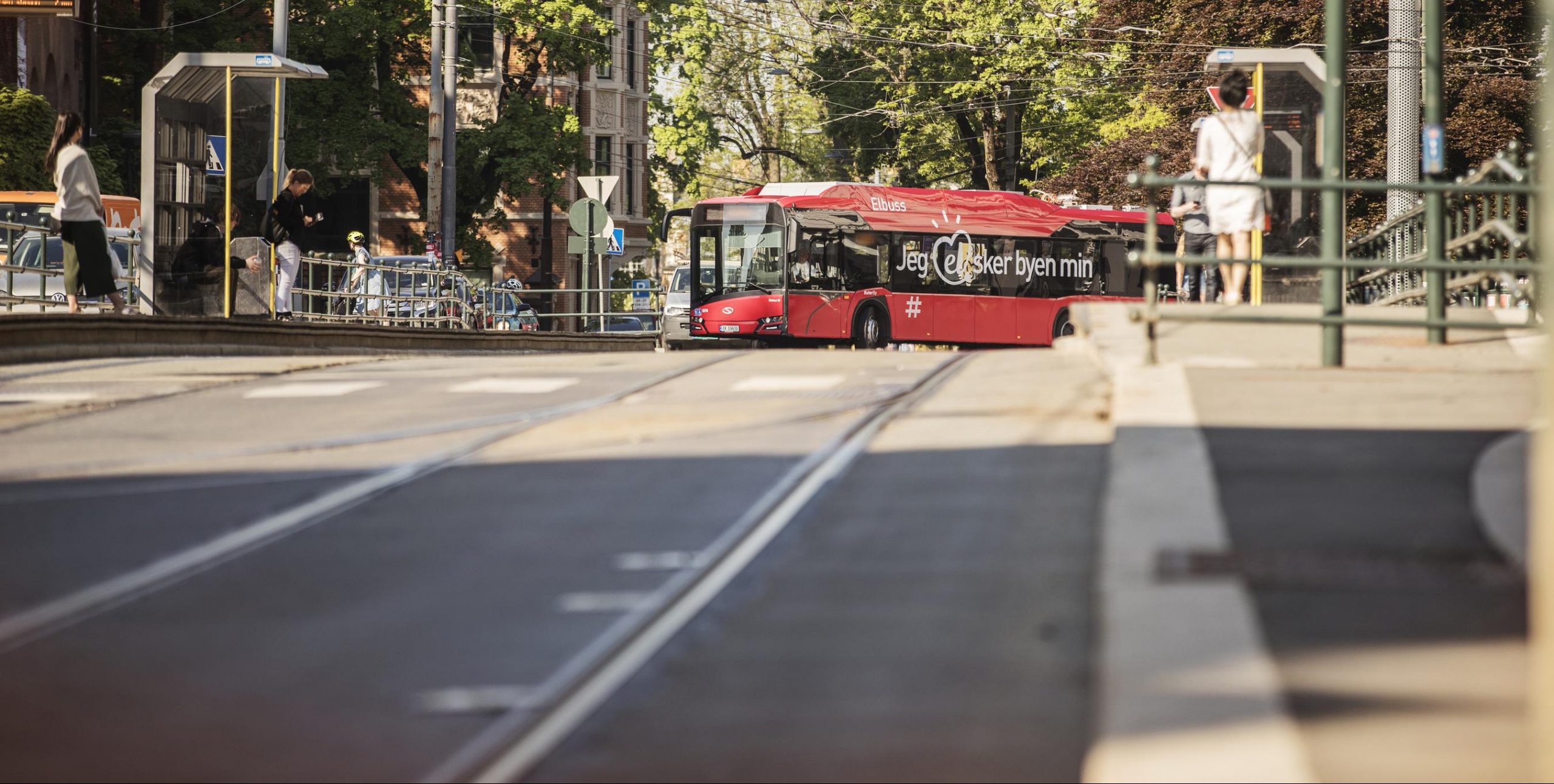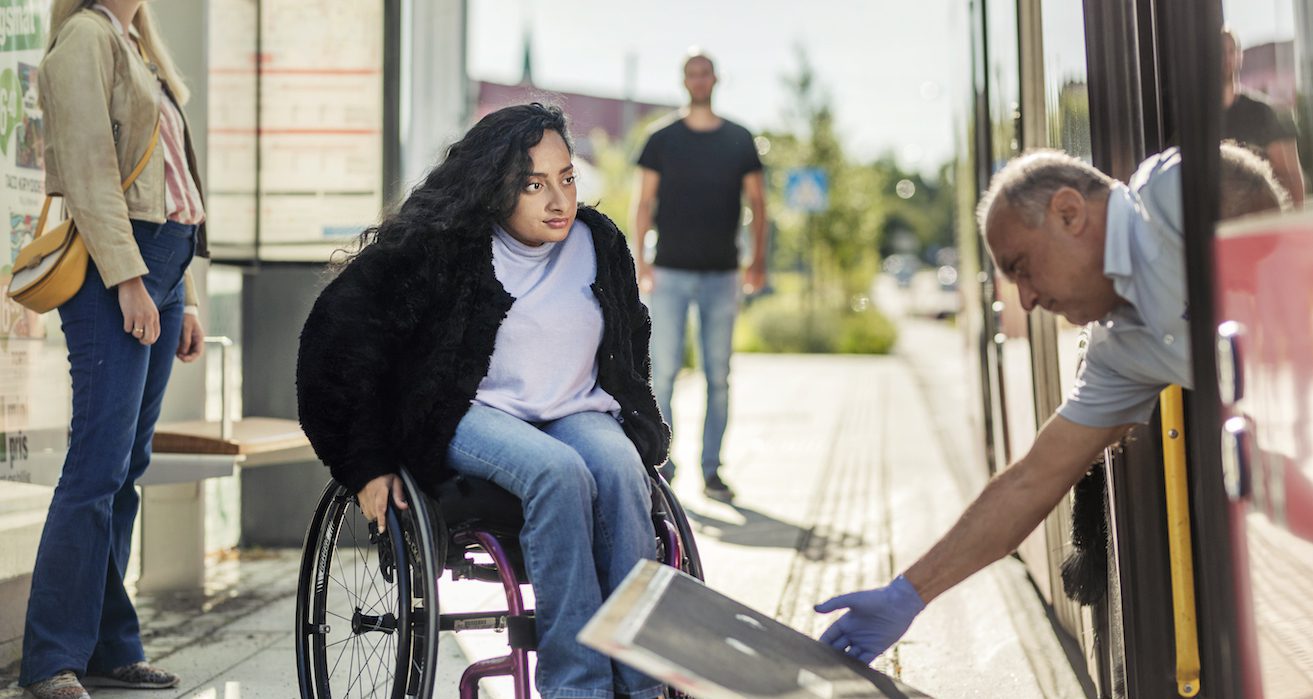
Ruter’s strategic aim
Ruter's job is to offer the inhabitants of our region sustainable freedom of movement and provide the freedom to travel wherever they want, whenever they want – irrespective of the physical ability of the individual – in a sustainable way. To achieve this vision, we have built on our current position in order to offer new services and solutions. This is a comprehensive task, but we are already well under way.
Ruter’s strategic direction
Sustainable freedom of movement is about facilitating a healthy life, social justice and effective urban and regional development within the limits of our resources. Ruter’s strategic aim of Sustainable Freedom of Movement from 2020 describes Ruter’s general direction and how we must increasingly take into account that the mobility of the future has to involve solutions that are sustainable for the environment, society and customers in the capital region – a vision of sustainable freedom of movement. The key elements for Ruter’s work on sustainable freedom of movement can be summarised in our strategic framework:
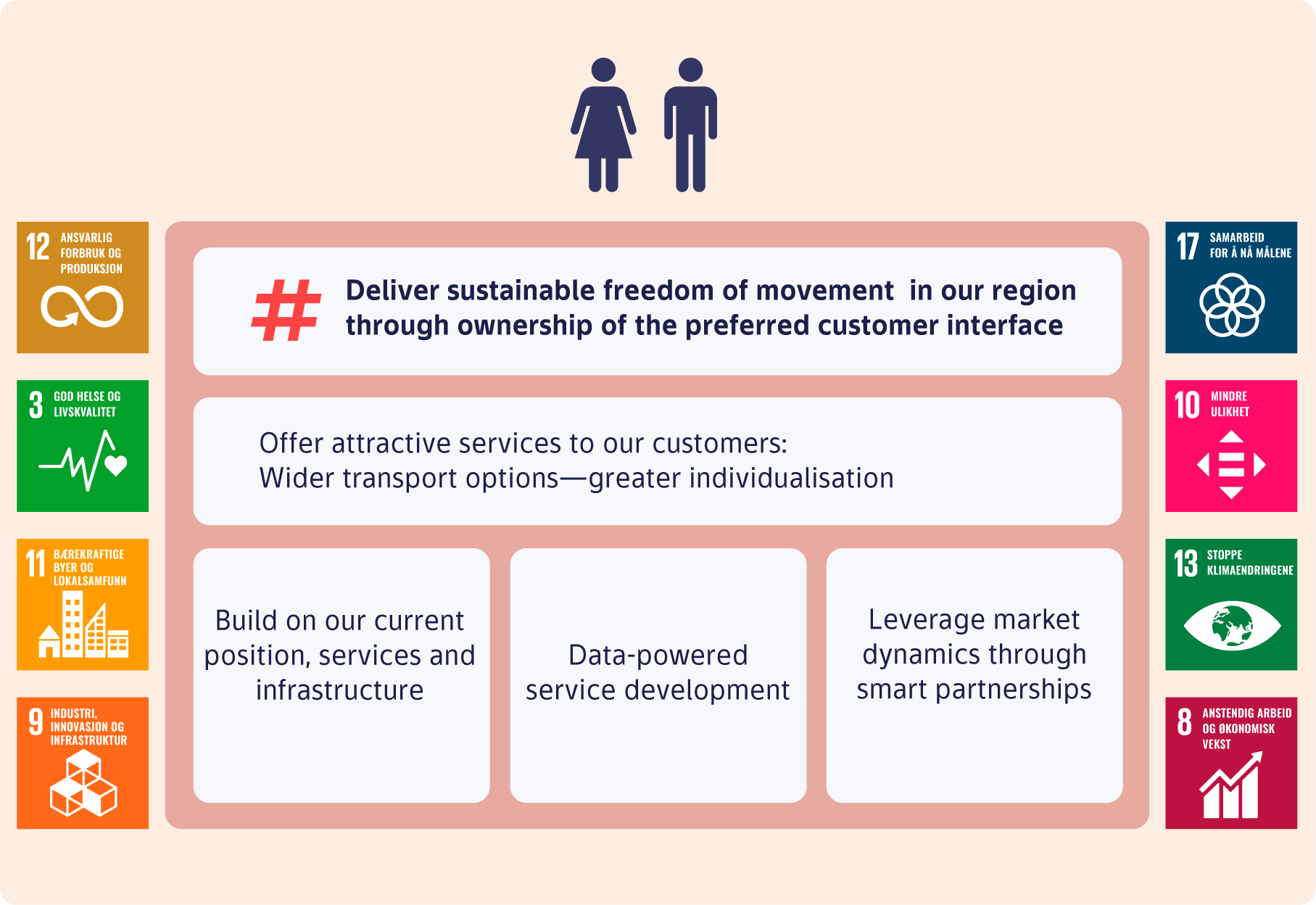
Continuous strategy work
The strategic aim describes the direction of Ruter’s overall development in the longer term, but does not specifically set out the choices that have to be made to achieve this aim. For example, we will offer multiple transport options, but we do not describe these modes of transport or when they will be put into service. The purpose of this is to retain flexibility to be able to adapt to new learning and changed priorities. The specific choices for how to achieve our aims are best taken as part of Ruter’s continuous strategy process, which we are now working to develop and consolidate further.
Much has changed since we defined our aims in 2020, but the overall development on which the work was based still applies, and we believe that our aims represent an excellent guide for the development of Ruter going forward.
More transport options and a more flexible service
An important part of sustainable freedom of movement is that Ruter offers more transport options to give citizens more choice and flexibility. In 2021, we continued to work on testing, piloting and expanding our micromobility services. For example, the Oslo City Bike has become available in the Ruter app. This lays the foundation for further cooperation and a more integrated service. Ruter tested micromobility in Bærum, and piloting now also includes Asker, Lørenskog and the Ski mobility point in Nordre Follo. On these pilot projects, in collaboration with the supplier Tier and the municipalities, we have tested various service models and gained insight that has enabled us to improve services. Going forward, this will continue – with the goal of offering micromobility solutions to more geographical areas through the Ruter app.
In 2021, we extended our pilot projects and development of on-demand transport –both by making area-wide on-demand transport available to everyone and adapting age-friendly on-demand transport to passengers aged 67 and over in Oslo. Our experiences have been excellent, and in future Ruter will look at the possibility of combining flexible on-demand transport with the standard, fixed route network. This shows that Ruter is on its way to delivering on the goal of offering citizens more transport options and a more personalised offering.
The launch of the new Ruter app has also been an important milestone in achieving our aims. The app will be the gateway to a comprehensive mobility offering and give users an enhanced user experience through customised travel suggestions and information. To deliver on this, a major upgrade of the app and the underlying technical systems were necessary – as was incorporating the features that were previously to be found in two different apps (Ruter Reise and Ruter Billett) into one app. The launch of the new Ruter app in June 2021 contributed to our being able to deliver a more comprehensive service and a more personalised user experience.
Towards emission-free transport
Ruter wants to provide a sustainable and comprehensive freedom of movement offering to the inhabitants of our region. To achieve this, we must offer new sustainable transport options, but we must also remove emissions from our existing transport system.
The goal is for the entire mobility offering is to be emission-free by 2028, and we are well on our way. Since the start in 2017 with the piloting of six electric buses, Ruter has worked continuously to phase in electric buses and minibuses. By April 2022, almost the entire bus fleet for the Oslo South area will be electrified, and the share of electric buses will then be almost 40% in Oslo and 22% overall. In 2021, a new contract was entered into for the Inner City area, which involves the phasing in of electric buses in 2023. This will mean that all the buses running in Oslo will be electric. In 2019 and 2020, the Nesodden ferries became electric, and the first of five electric boats to serve routes in the Inner Oslo Fjord arrived in Oslo in December 2021. From the summer of 2022, all five island boats will be in operation, replacing today’s diesel-powered boats.
Electrification of Ruter’s bus and boat services mean cleaner air, less noise and lower climate emissions and is an important step towards sustainable freedom of movement.
Smart use and sharing of data
A prerequisite for achieving the goal of delivering sustainable freedom of movement is that we are able to utilise available data more efficiently, manage increasingly data-driven service development and work smarter in partnership with other operators. Ruter will obtain, store, manage, share and analyse data to create insight and roll out attractive services.
In the emergence of new, comprehensive mobility solutions, data acquire a new and more important significance, and it is strategically important for Ruter to ensure an effective flow of data between different operators in order to contribute to innovation, develop good services and meet important societal obligations.
On 15 June 2021, the board of Ruter adopted principles for external data sharing. These consist of eight principles which are based on a proactive and open attitude to data sharing and are a tool for ensuring that data are shared externally in line with our overall objectives.
